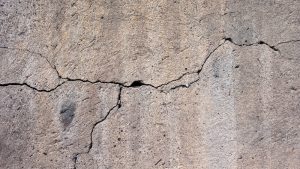 We’ve addressed the topic of slab leaks on our blog before, but here’s a quick rundown. Slab leak is a professional plumbing term for any pipe leaks that occur down in the concrete foundation of a building. The term can sometimes apply to any pipe leak in hardscape or rock, but for the purposes of your home we’re using it for the hot and cold water pipes under your house.
We’ve addressed the topic of slab leaks on our blog before, but here’s a quick rundown. Slab leak is a professional plumbing term for any pipe leaks that occur down in the concrete foundation of a building. The term can sometimes apply to any pipe leak in hardscape or rock, but for the purposes of your home we’re using it for the hot and cold water pipes under your house.
Slab leaks, as you can probably imagine, are a tricky problem. They’re difficult to detect, locate, and then reach. Our plumbers have the best tools to narrow down where the leaks are occurring so we can make the repair job as brief as possible and with little disruption to the house.
But what causes buried pipes to start to leak in the first place? There are several sources:

 Most households use more water than they should on a day-to-day basis. And that adds up to higher water bills on a month-to-month basis. Some of this water waste comes from bad habits (such as running the faucet while brushing your teeth rather than shutting the faucet off until you need it). Others are plumbing concerns that will require some assistance from your favorite local plumbing contractors—which we hope is us! If we’re not yet, we’ll soon be your favorite after you call for professional
Most households use more water than they should on a day-to-day basis. And that adds up to higher water bills on a month-to-month basis. Some of this water waste comes from bad habits (such as running the faucet while brushing your teeth rather than shutting the faucet off until you need it). Others are plumbing concerns that will require some assistance from your favorite local plumbing contractors—which we hope is us! If we’re not yet, we’ll soon be your favorite after you call for professional  You know that leaky anything isn’t good. A leaky faucet or a leaky pipe in your house isn’t something you want. But surprisingly, homeowners often leave problems like household leaks without repairs. They tolerate a leaking kitchen sink faucet as long as it isn’t making too much noise. They probably aren’t even aware of pipe leaks because they’re hidden behind walls and in the ceilings, but they may also ignore warning signs of these leaks, such as water stains on drywall.
You know that leaky anything isn’t good. A leaky faucet or a leaky pipe in your house isn’t something you want. But surprisingly, homeowners often leave problems like household leaks without repairs. They tolerate a leaking kitchen sink faucet as long as it isn’t making too much noise. They probably aren’t even aware of pipe leaks because they’re hidden behind walls and in the ceilings, but they may also ignore warning signs of these leaks, such as water stains on drywall.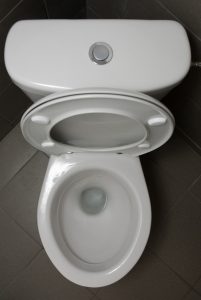 Leaks of any kind in your home are a problem, and most will need to be addressed with the help of skilled plumbers. The most troublesome leaks are the sort that escape notice because they’re coming from pipes hidden in walls, floors, or in the foundation. If there’s a leak you can see, you can move fast to have it repaired. For example, water on the bathroom floor that shouldn’t be there? You’ll probably need a plumber.
Leaks of any kind in your home are a problem, and most will need to be addressed with the help of skilled plumbers. The most troublesome leaks are the sort that escape notice because they’re coming from pipes hidden in walls, floors, or in the foundation. If there’s a leak you can see, you can move fast to have it repaired. For example, water on the bathroom floor that shouldn’t be there? You’ll probably need a plumber.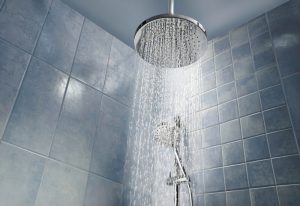 This is a flip-side one, a Bizzaro World problem that’s more common than you may think. In fact, you’re probably reading this because it’s happening to you—you’ve turned on the shower, but the water is too hot and you can’t get it to cool down. This can actually be worse than having no hot water in the shower, because nothing-but-hot-water may mean the water is at dangerous scalding temperatures. Cold water at least won’t damage your skin.
This is a flip-side one, a Bizzaro World problem that’s more common than you may think. In fact, you’re probably reading this because it’s happening to you—you’ve turned on the shower, but the water is too hot and you can’t get it to cool down. This can actually be worse than having no hot water in the shower, because nothing-but-hot-water may mean the water is at dangerous scalding temperatures. Cold water at least won’t damage your skin. 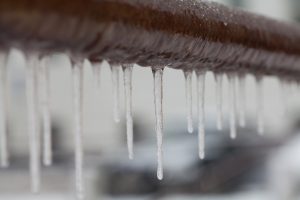 You might love the winter season, but your plumbing isn’t as happy about it. One of the biggest threats to your plumbing arrives along with the cold weather and snow: freezing pipes. When pipes freeze solid, it not only blocks water flow, it threatens the pipes with bursting.
You might love the winter season, but your plumbing isn’t as happy about it. One of the biggest threats to your plumbing arrives along with the cold weather and snow: freezing pipes. When pipes freeze solid, it not only blocks water flow, it threatens the pipes with bursting. The end of the year is when you’ll probably entertain more houseguests than any other time. You want the inside of your home to be a welcoming place, clean and tidy. You absolutely don’t want strange, foul odors of sewage wafting through the rooms!
The end of the year is when you’ll probably entertain more houseguests than any other time. You want the inside of your home to be a welcoming place, clean and tidy. You absolutely don’t want strange, foul odors of sewage wafting through the rooms!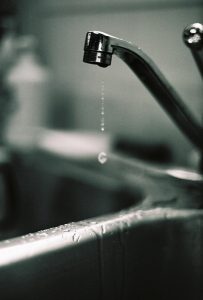 You turn on a faucet—and no water comes out. You run over to another faucet, or to the shower, and find no water their either. This certainly sounds like an emergency, especially if it’s morning and you depend on running water to get the basic parts of the early-day routine done.
You turn on a faucet—and no water comes out. You run over to another faucet, or to the shower, and find no water their either. This certainly sounds like an emergency, especially if it’s morning and you depend on running water to get the basic parts of the early-day routine done.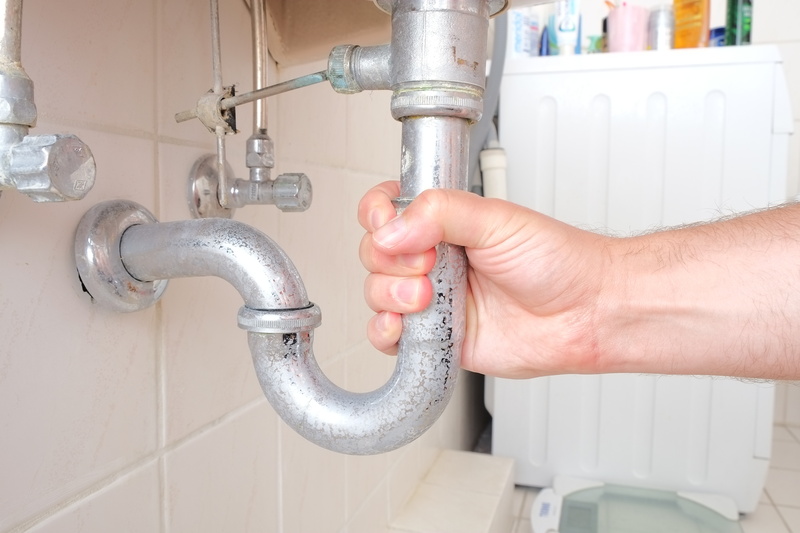 When we talk about the importance of hiring professionals to inspect your pipes, we emphasize that most of the plumbing in your house is hidden from sight. The freshwater pipes and drainpipes around your home are behind walls and cabinets, placed in the floors and ceilings, and in the case of the sewer line and water main, buried under the property.
When we talk about the importance of hiring professionals to inspect your pipes, we emphasize that most of the plumbing in your house is hidden from sight. The freshwater pipes and drainpipes around your home are behind walls and cabinets, placed in the floors and ceilings, and in the case of the sewer line and water main, buried under the property.






